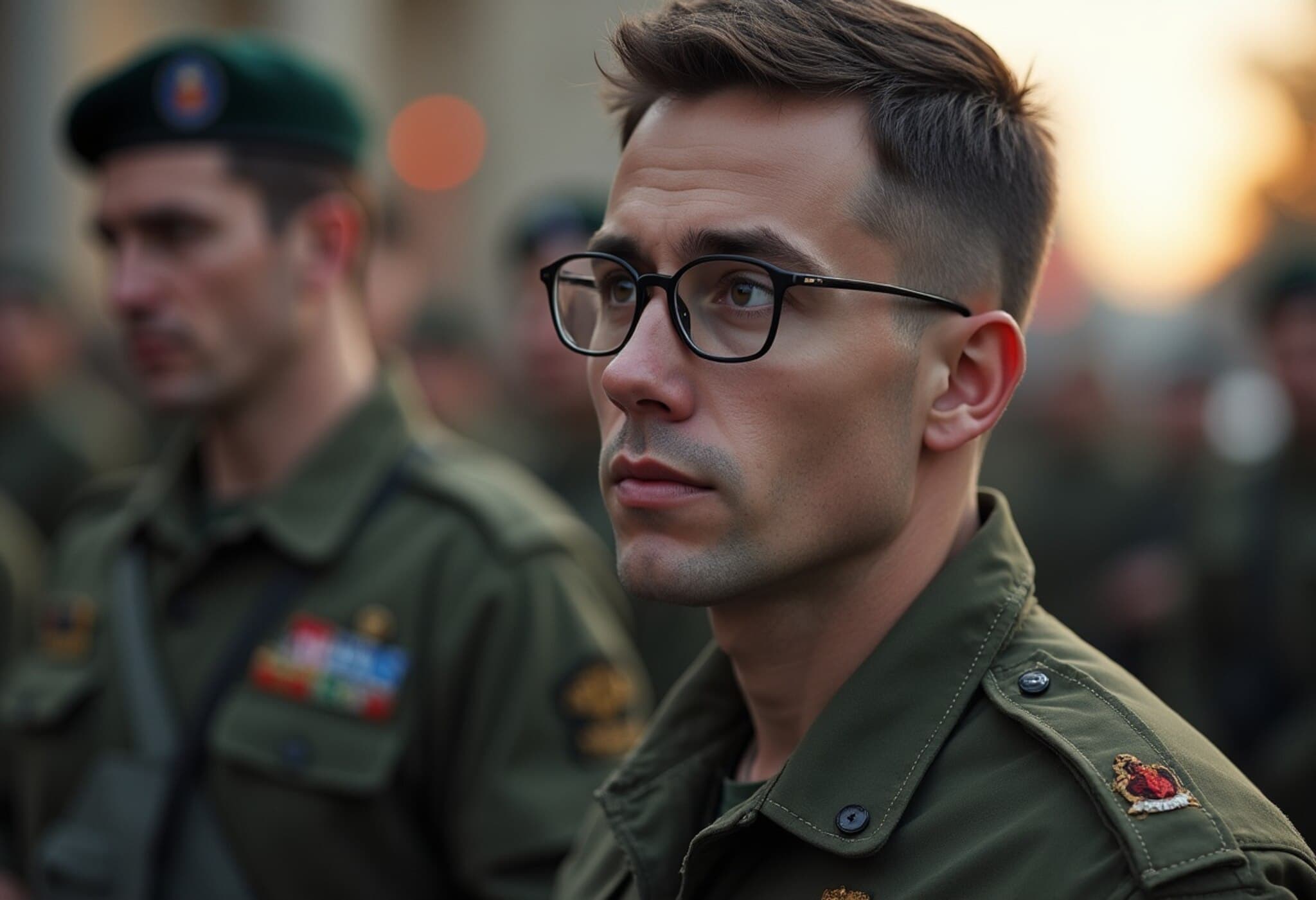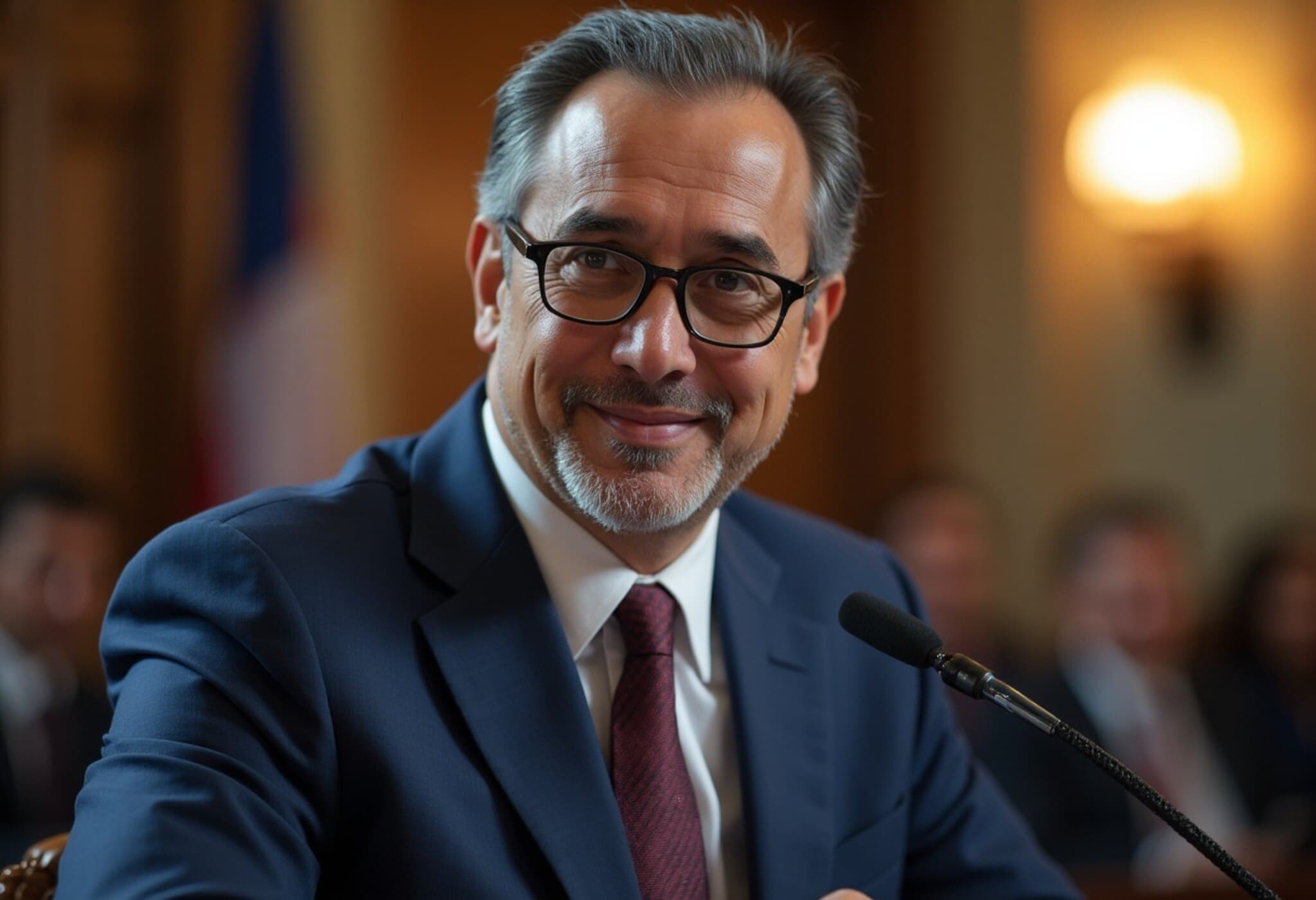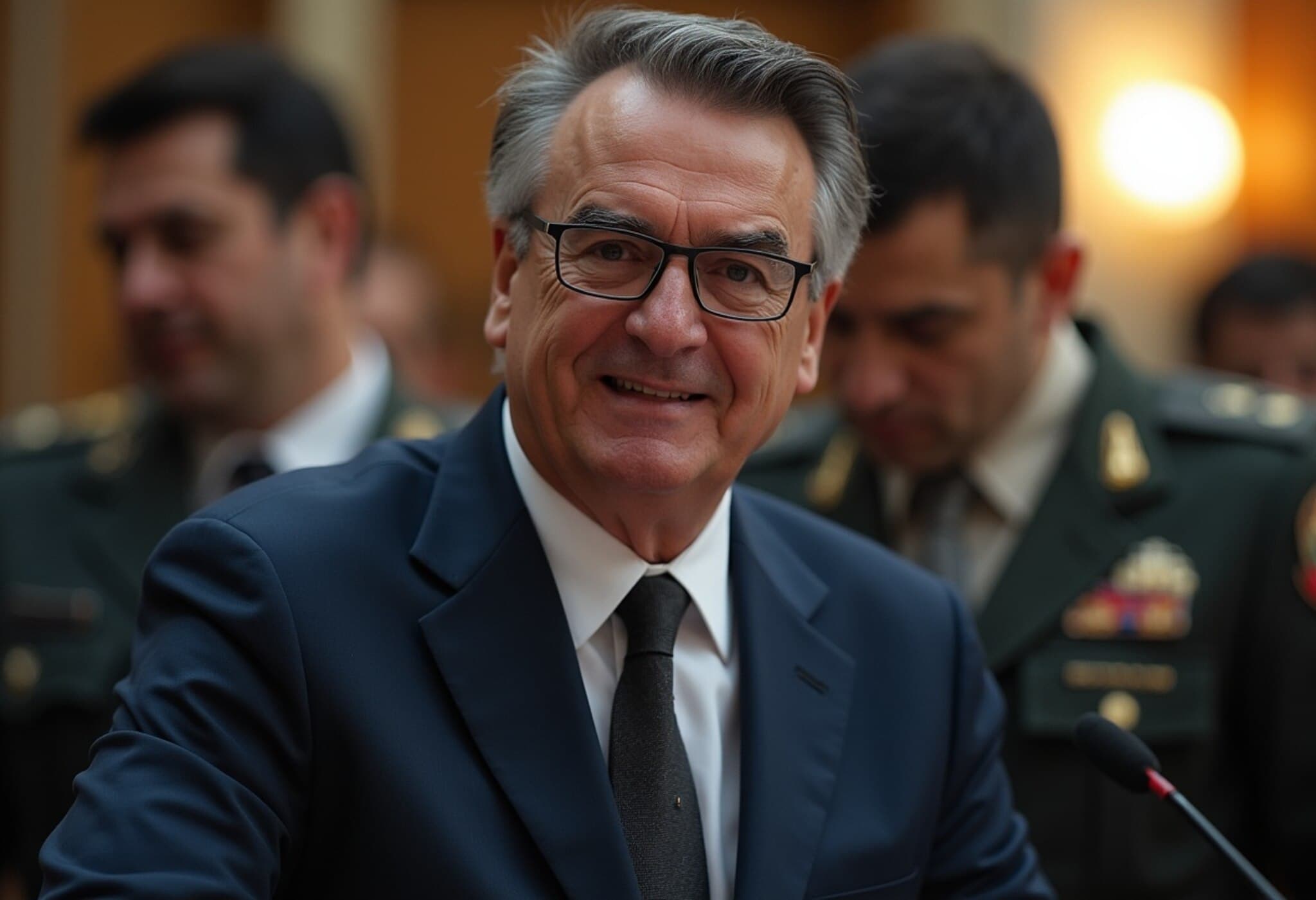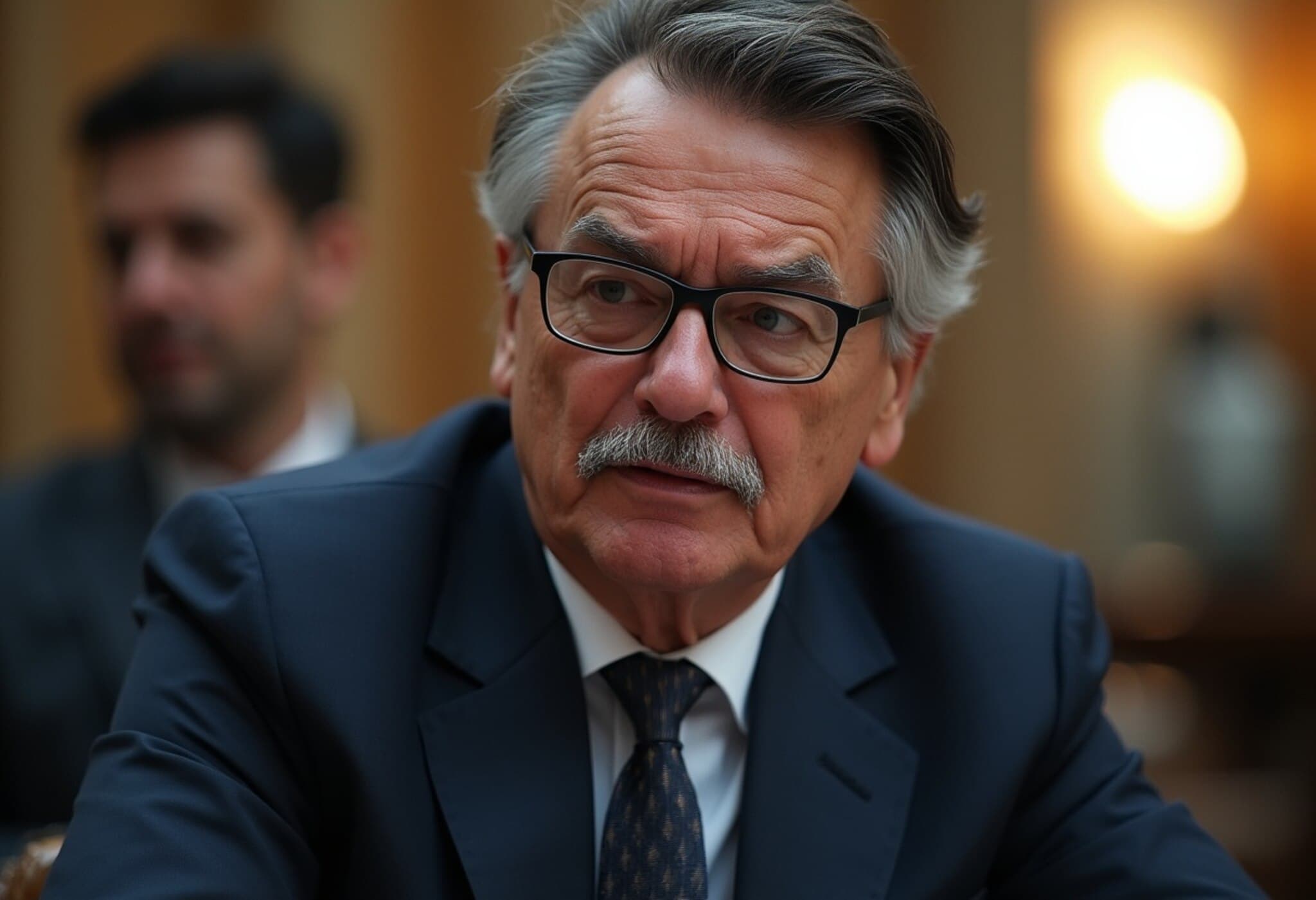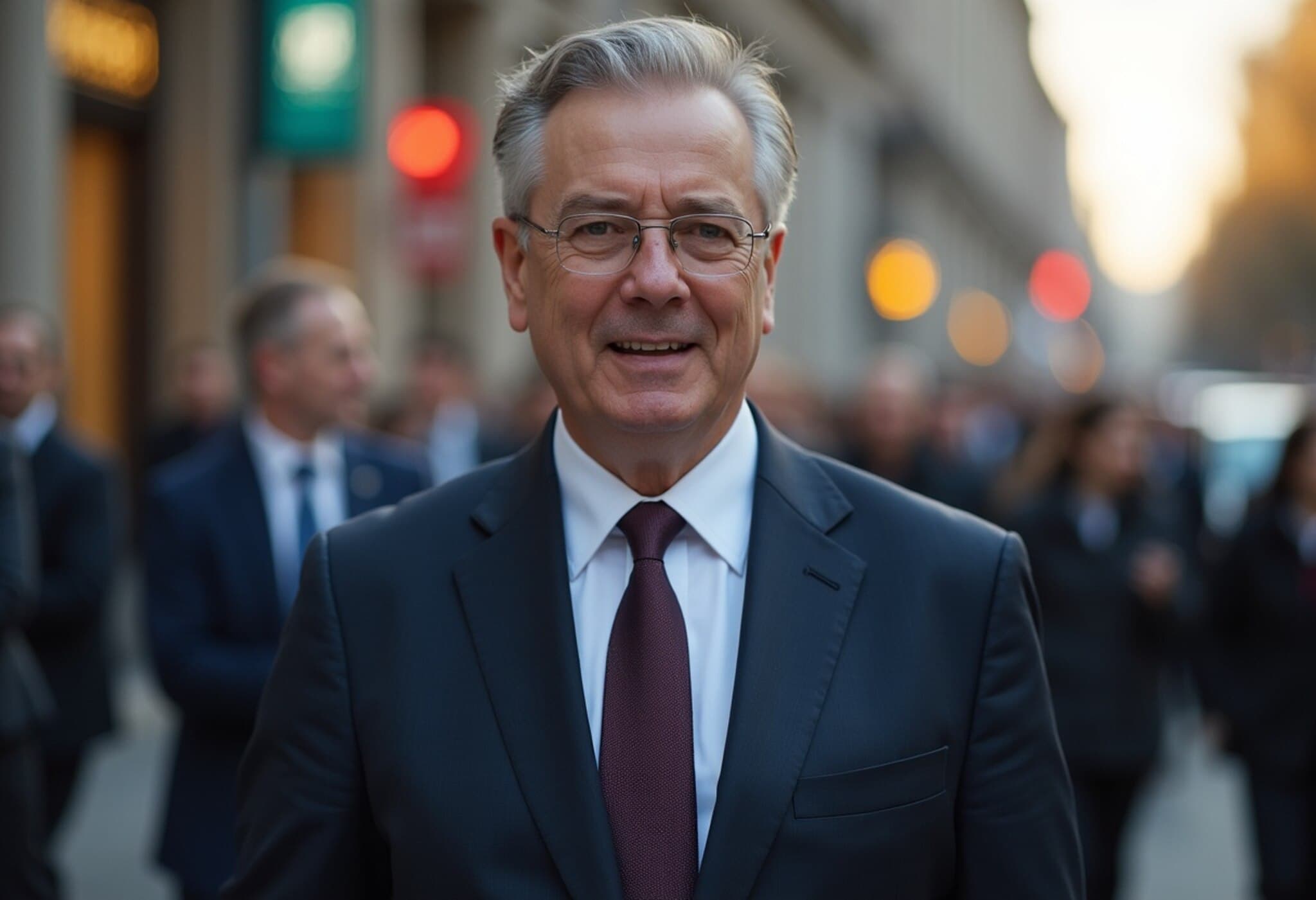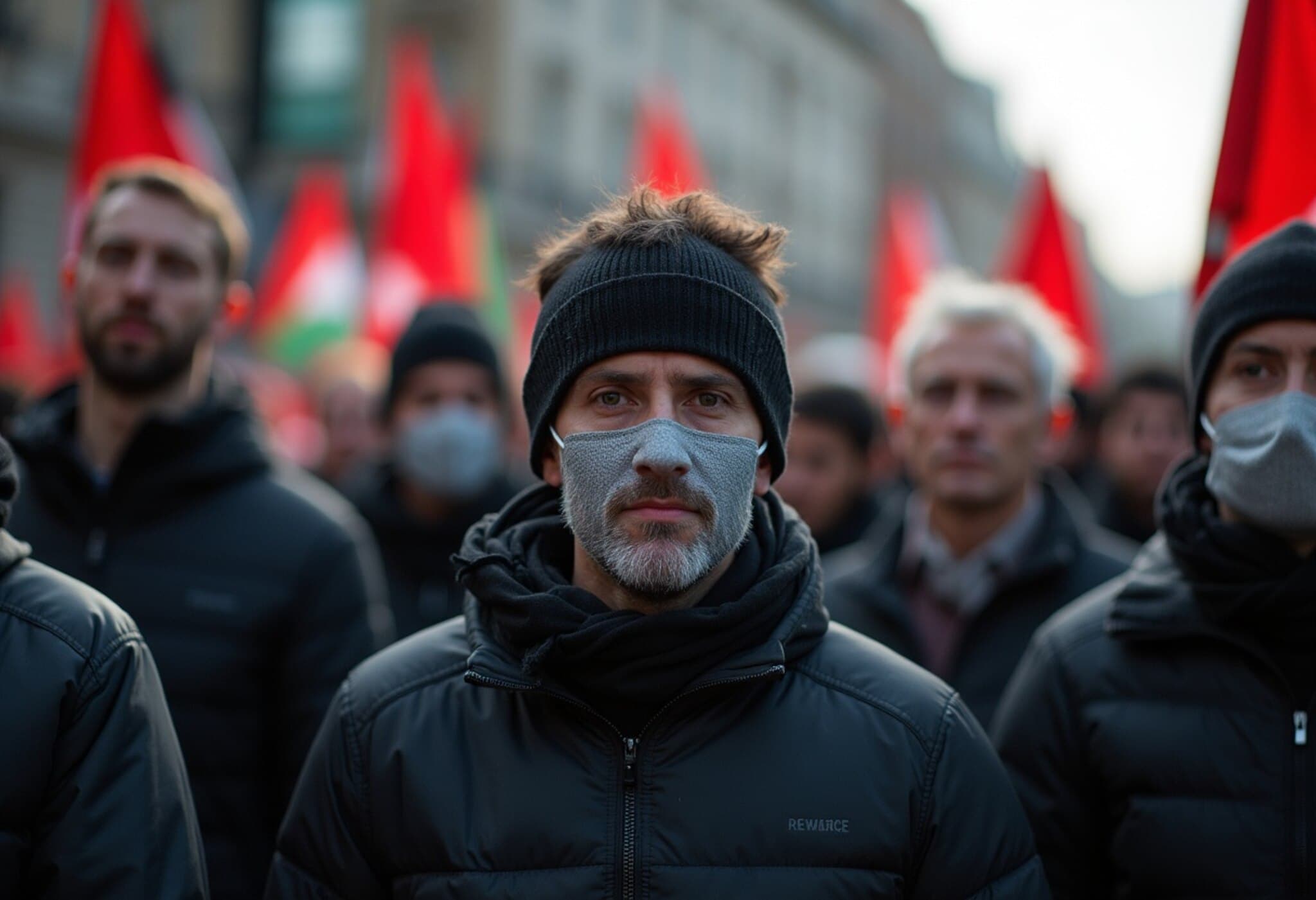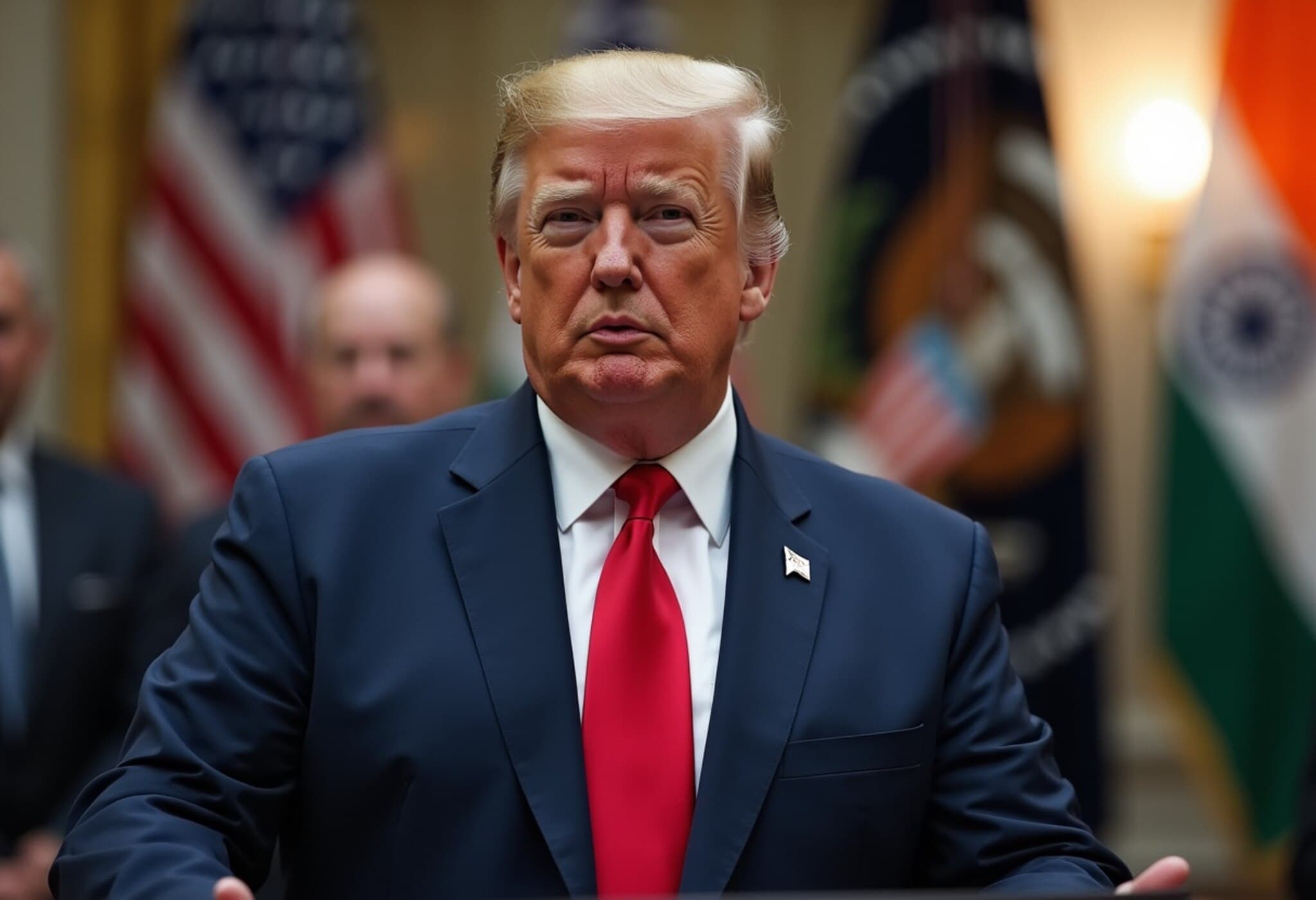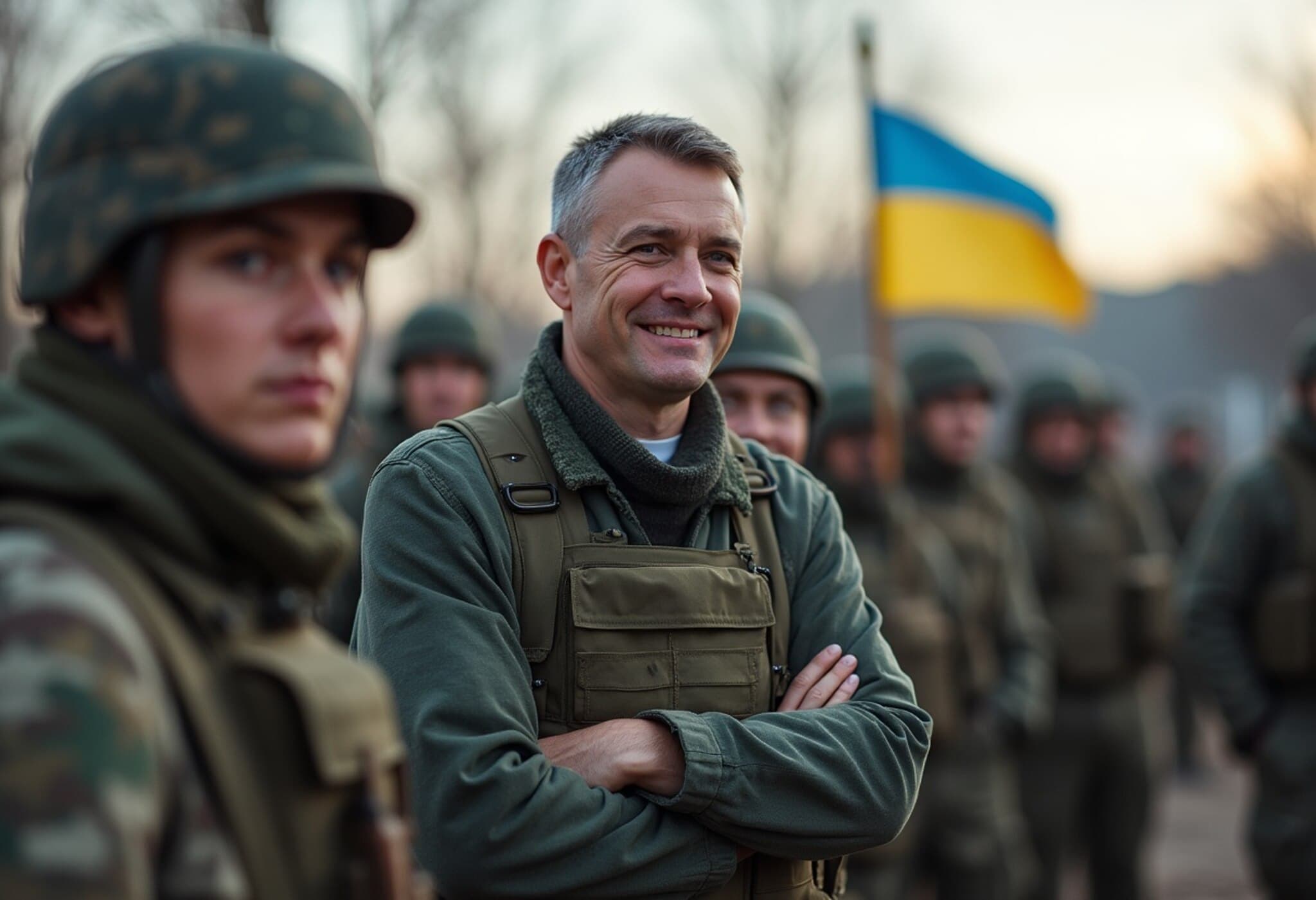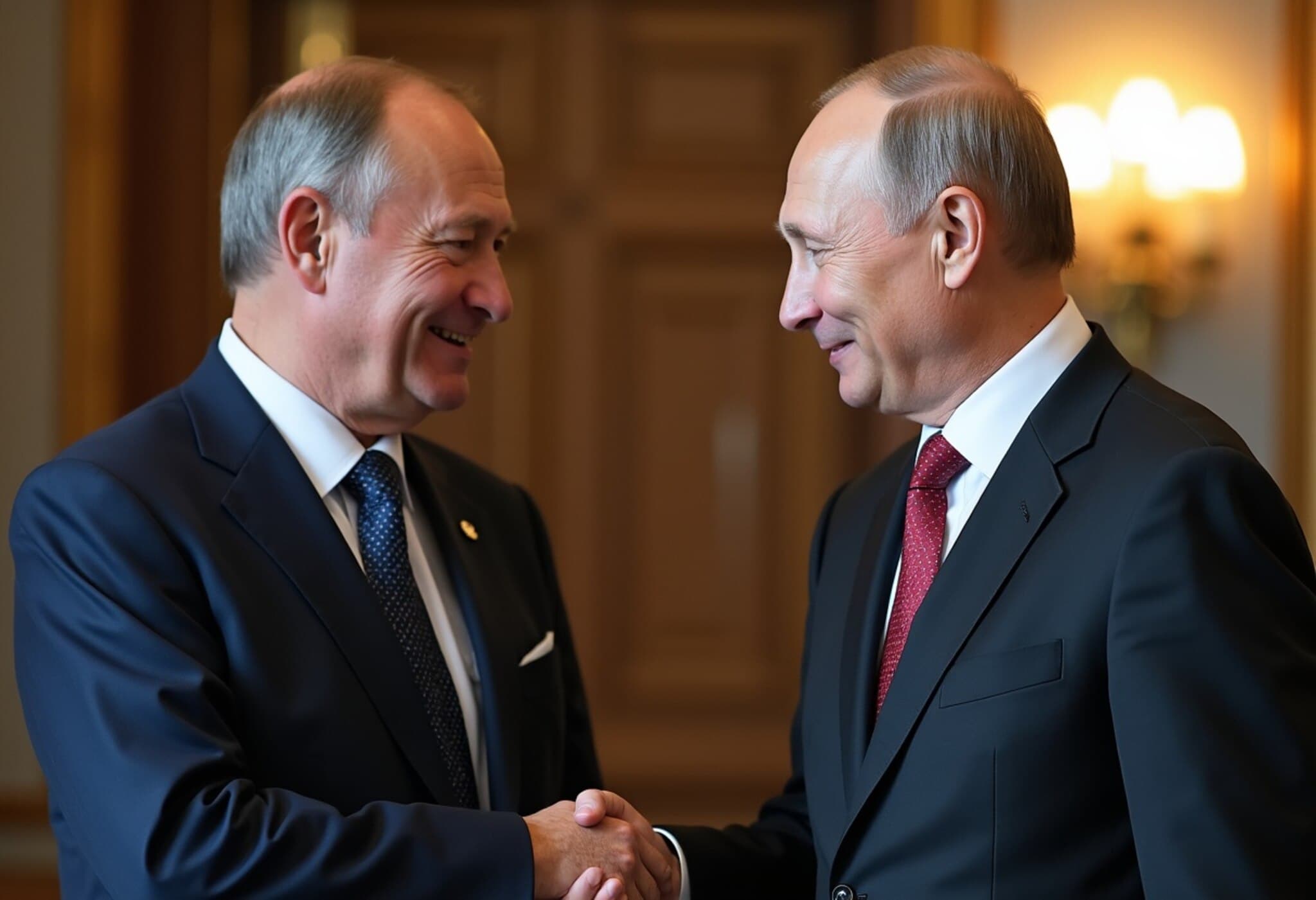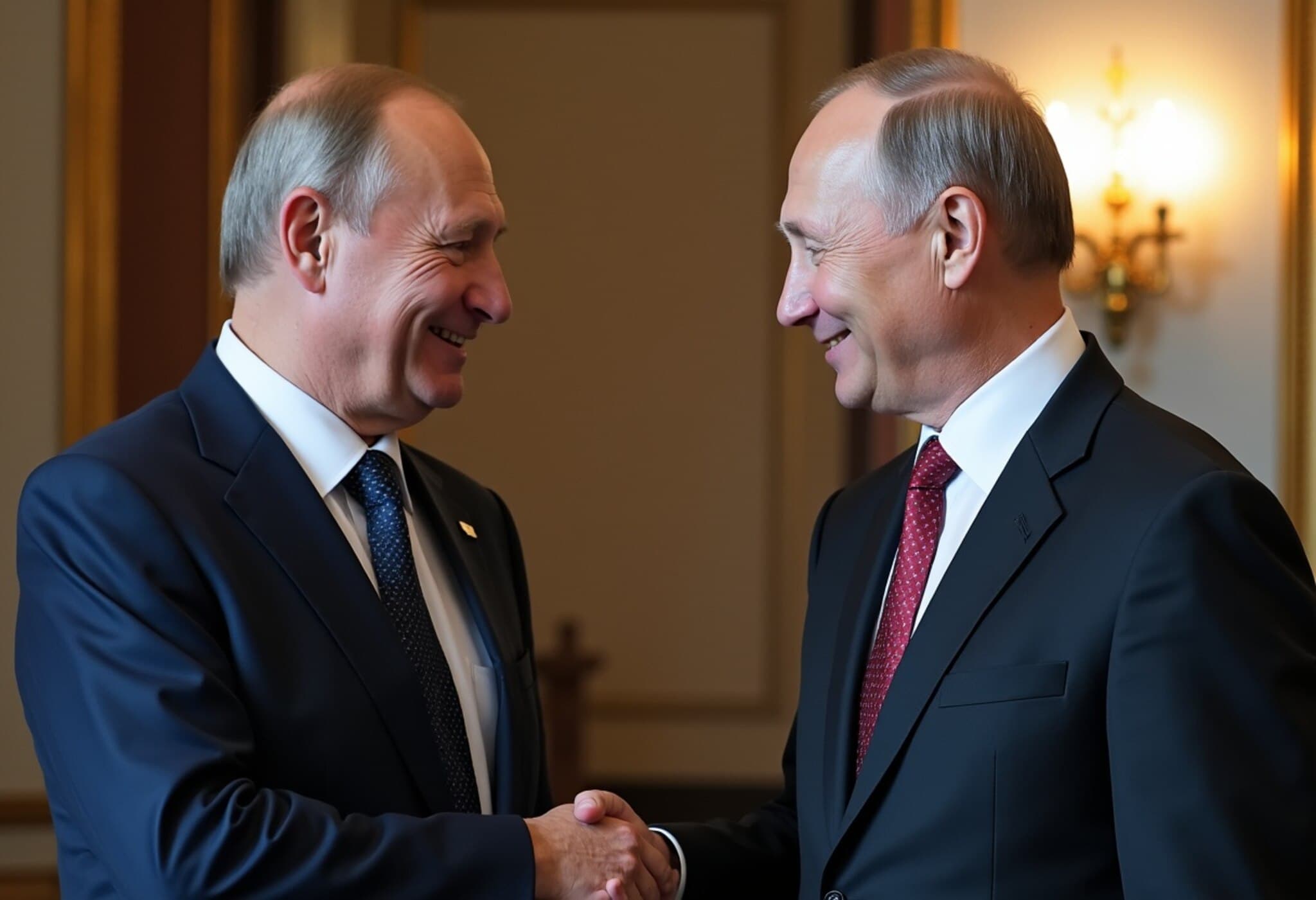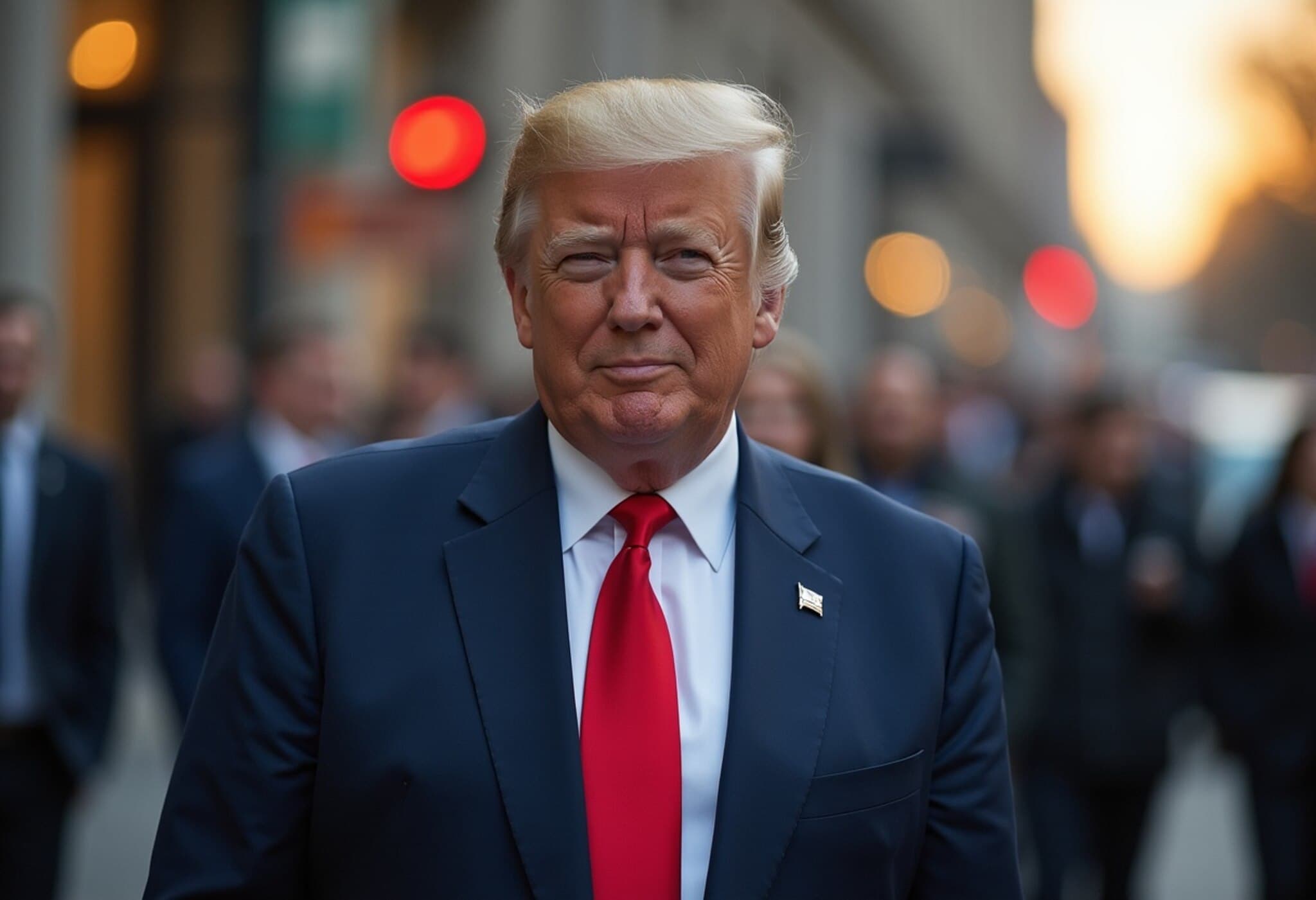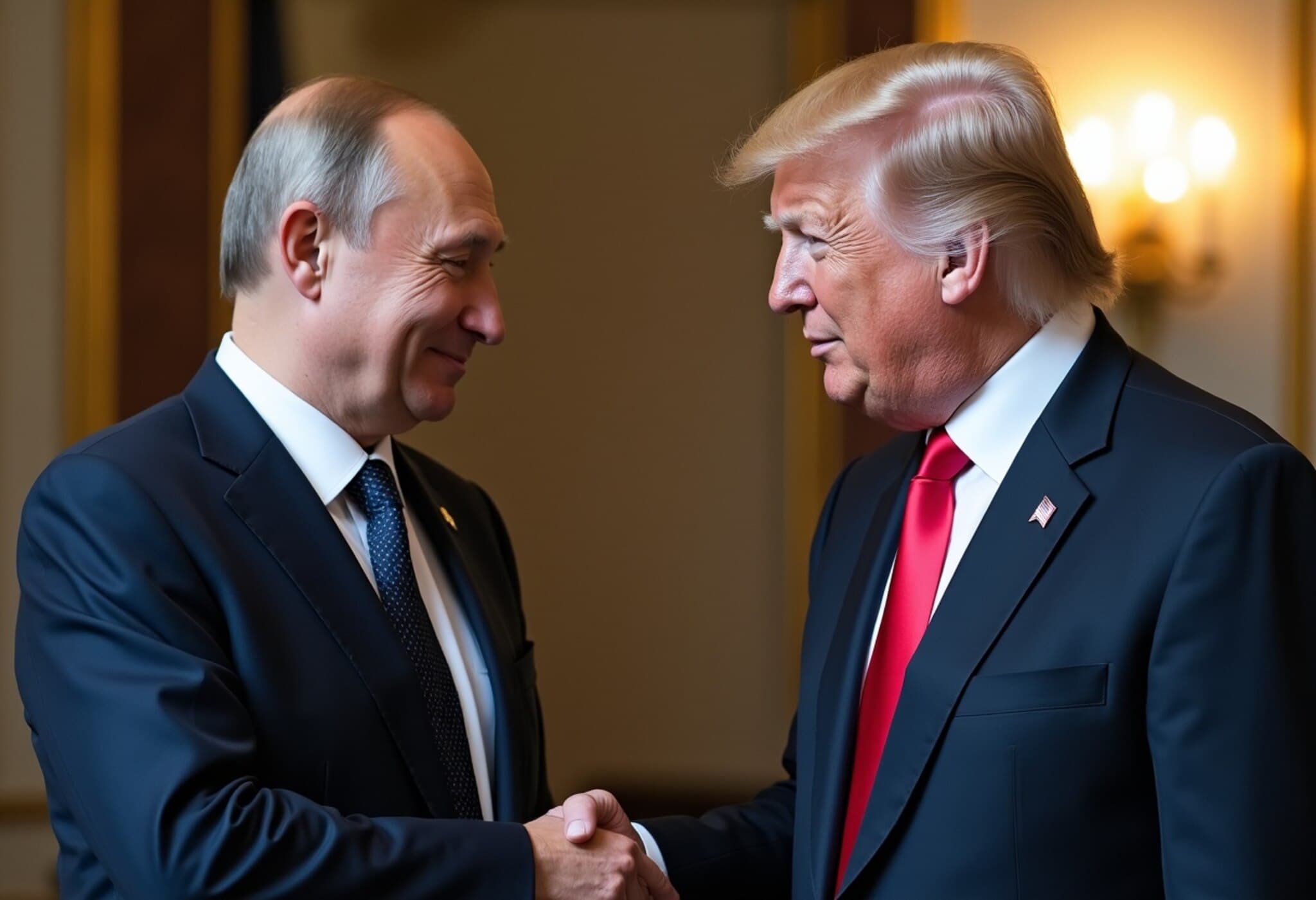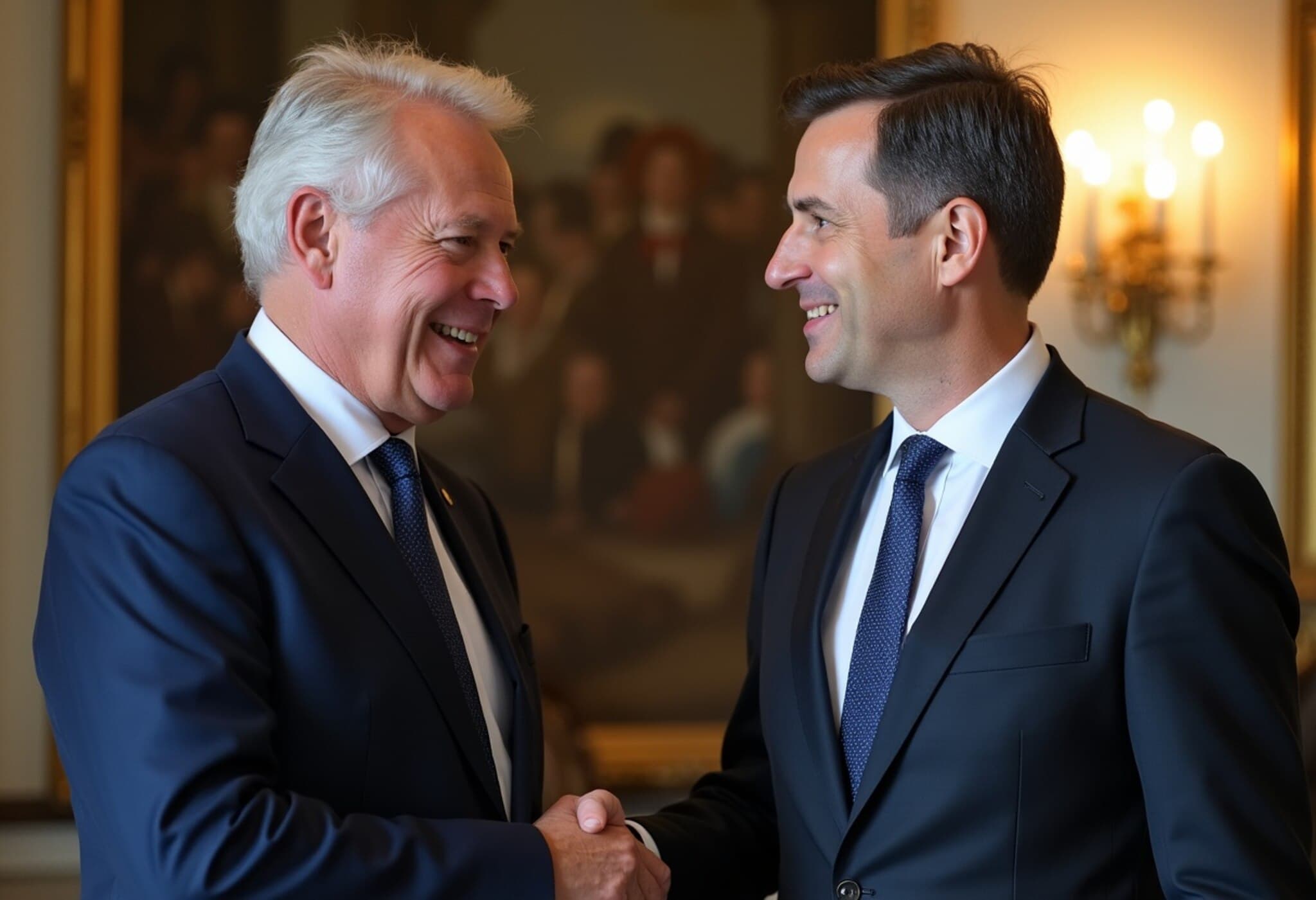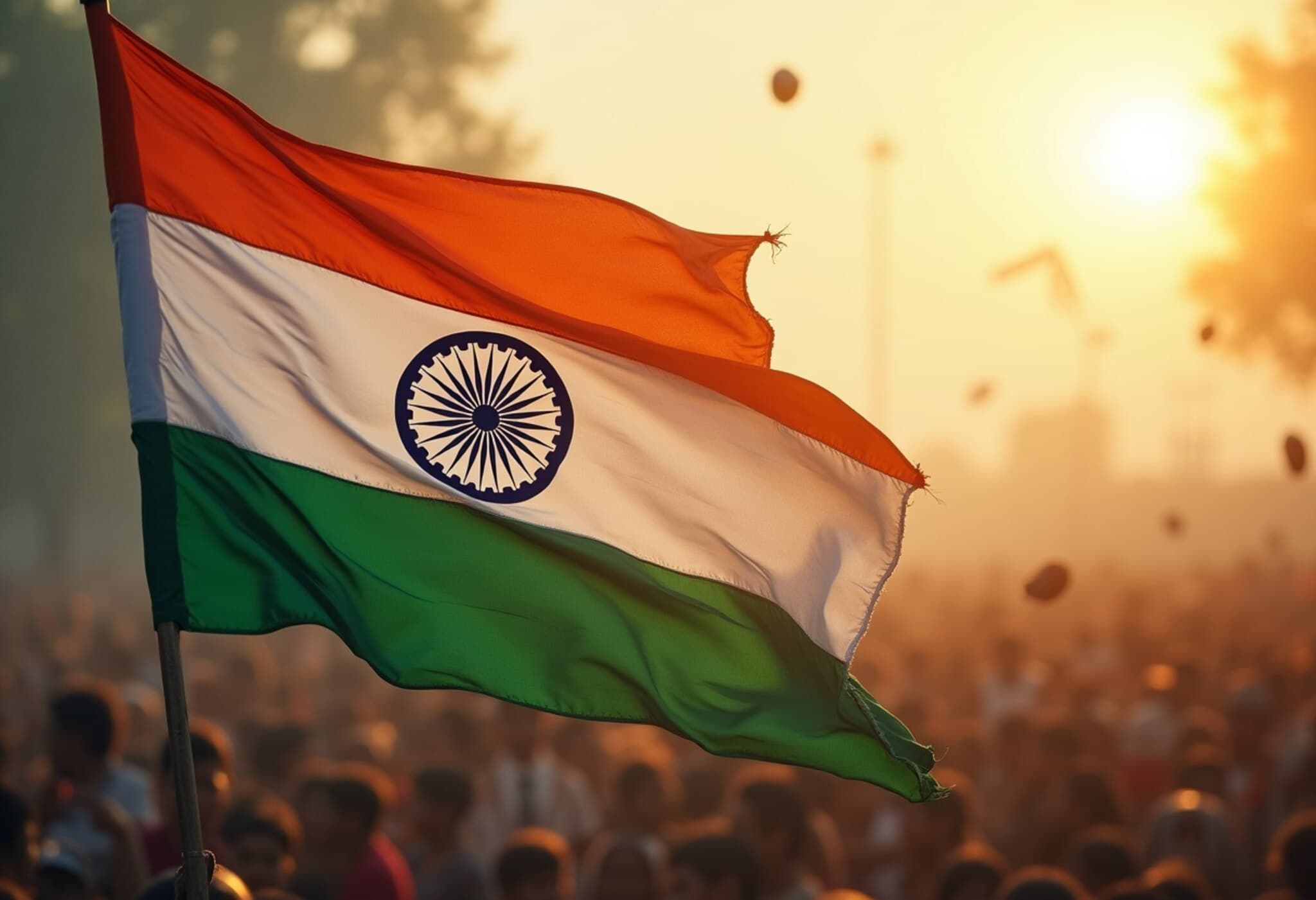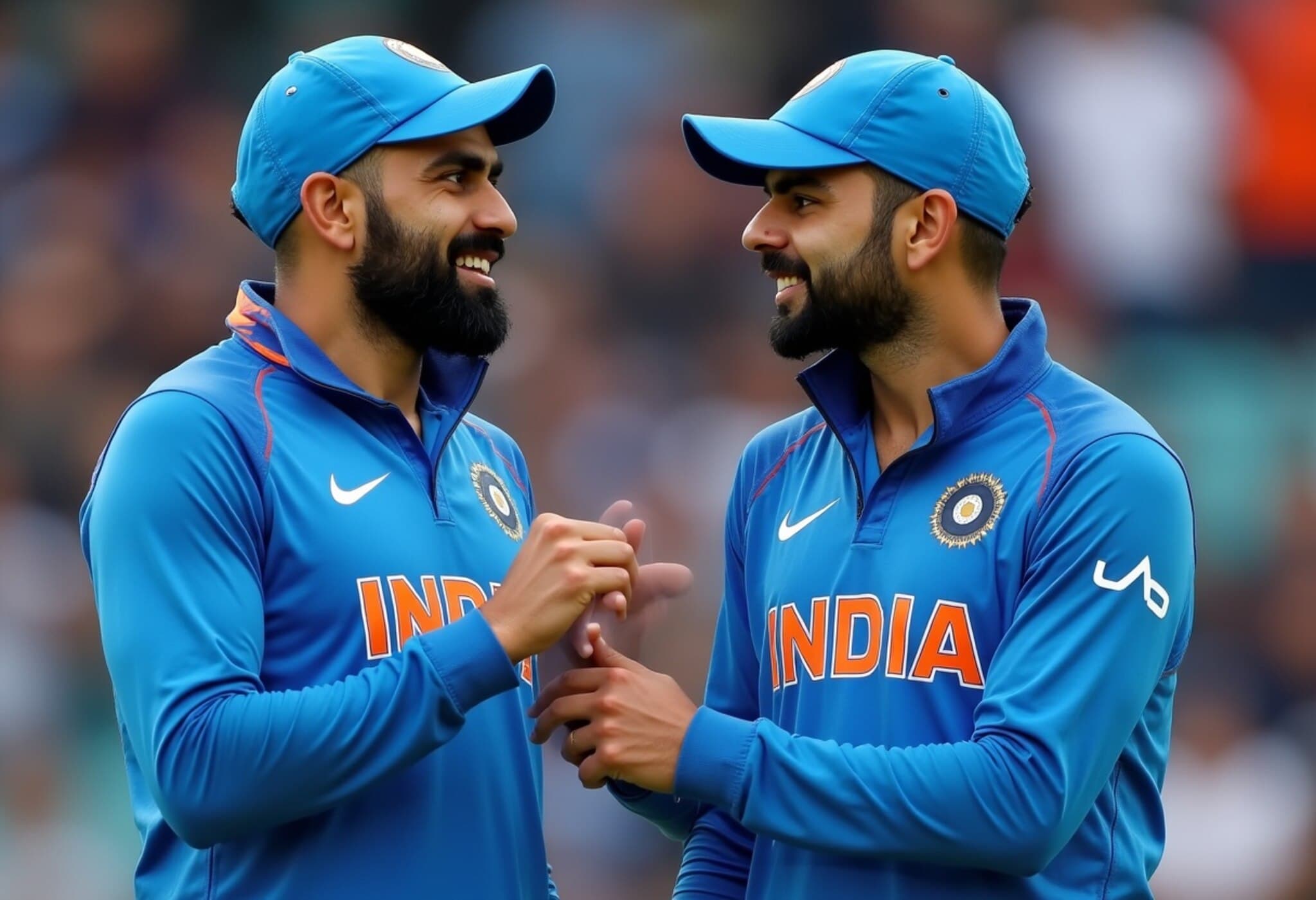Tragic Loss Amid the Russia-Ukraine Conflict
In an extraordinary gesture tangled with deep geopolitical irony, Russian President Vladimir Putin recently presented the Order of Lenin—a prestigious Soviet-era decoration—to US Special Envoy Steve Witkoff. This award was meant to be passed on to the family of Michael Gloss, the 21-year-old son of a senior Central Intelligence Agency official, who was killed fighting in the ongoing Ukraine war.
Michael Gloss: A Complex Personal and Political Story
Michael Gloss was the son of Juliane Gallina, the CIA’s deputy director for digital innovation, a significant figure in the agency’s efforts to modernize intelligence operations. Michael’s death in eastern Ukraine in April 2024 has raised eyebrows due to the unusual circumstances surrounding it.
Gloss was reportedly not a CIA employee himself, but his family background creates an intricate narrative amid the war's fog. Sources close to the family revealed that Michael actively enlisted with Russian forces in the autumn of 2023 and was vocal online in his support for Russia’s stance in the conflict, even dismissing Western media as "propaganda." His social media posts included selfies in Moscow’s iconic Red Square, reflecting a complicated personal conviction that starkly contrasted with his mother’s federal role and American ties.
Geopolitical and Psychological Dimensions
- Michael’s enlistment and death highlight the blurred lines between personal beliefs and geopolitical realities in proxy wars.
- The fact that his mother is a high-ranking CIA official adds a poignant dimension of tragedy and raises sensitive questions about security risks and psychological factors.
- Michael had reportedly struggled with mental health challenges for much of his life, a detail his father, Larry Gloss, himself a veteran of the Iraq War, has emphasized as central to understanding his son’s choices.
Putin’s Award and the Diplomatic Riddles It Raises
The Order of Lenin is historically one of the Soviet Union’s highest honors, awarded for exceptional civilian or military merit. While neither the Kremlin nor the Russian Foreign Ministry officially acknowledged bestowing this award on Gloss posthumously, credible sources informed the BBC News about this unusual gesture.
Special Envoy Steve Witkoff received the award with instructions to deliver it to Gloss’s family, symbolically highlighting Russia’s attempt to send a complicated political message. This move comes hot on the heels of planned meetings between US President Donald Trump and Vladimir Putin, aiming to negotiate the future trajectory of the conflict in Ukraine.
Unanswered Questions and Underreported Angles
- Why did Russia choose to honor the son of a CIA official, given the broader adversarial context?
- What implications does this have for intelligence operations and family vulnerabilities within the US security apparatus?
- How might Michael’s mental health have influenced his tragic path and decisions?
- Does this episode reflect a larger pattern of personal crises intersecting with global conflicts in the digital age?
The Broader Context and Impact
This story underscores the human cost woven into geopolitical battles. It lays bare the internal struggles of individuals caught between clashing loyalties, foreign policy agendas, and personal demons. Michael’s father has expressed fears that Russia might exploit his son’s identity, a concern rooted in the intelligence and propaganda warfare permeating modern conflicts.
Meanwhile, official US agencies like the White House and the CIA have remained tight-lipped, maintaining silence on this sensitive matter, while emphasizing that Michael’s death, complicated by mental health issues, does not represent a breach of national security.
Conclusion: A Human Story in a Global Chess Game
The intersection of family ties, mental health, and international conflict in Michael Gloss’s story offers a sobering reminder that behind every headline are individuals grappling with real fears and hopes. As diplomatic dialogues continue, this poignant episode invites reflection on how wars extend far beyond battlefields — touching families, testing loyalties, and shaping narratives in unexpected ways.
Editor’s Note:
This episode raises critical questions about the psychological toll of proxy wars and their reach into the lives of intelligence community families. It also spotlights a rare symbolic act by Russia, using an obsolete Soviet honor to convey complex messages to the West. Observers should continue to watch how personal stories like Gloss’s influence and reflect the broader geopolitical chessboard—offering vital insight into the human dimensions behind statecraft and conflict.

